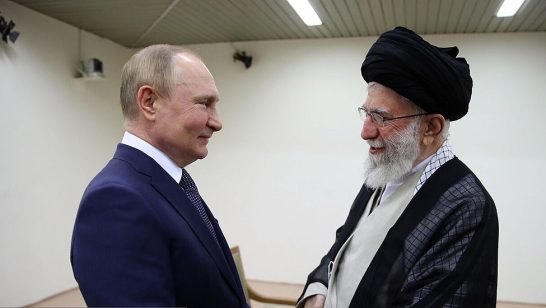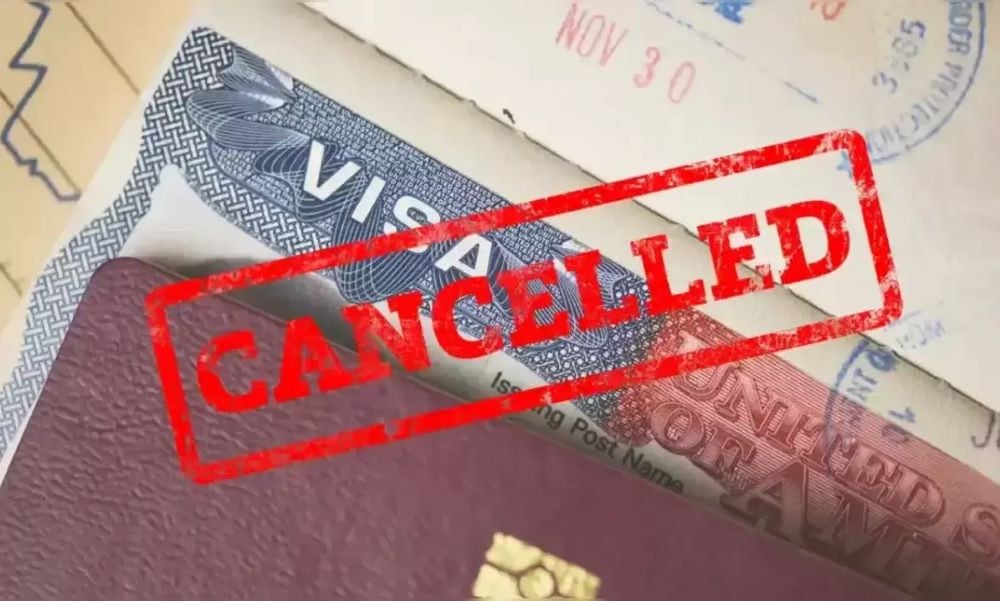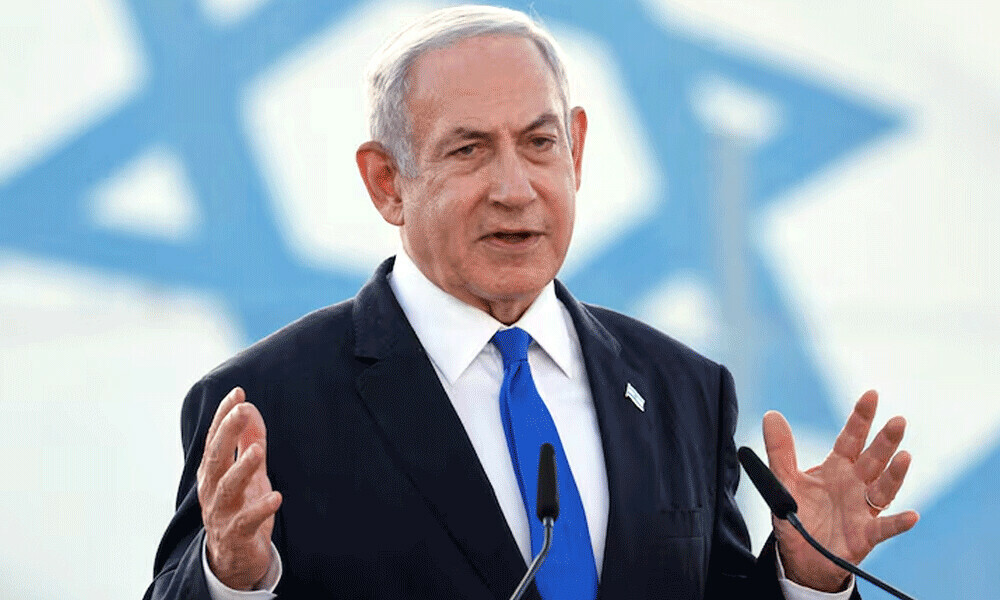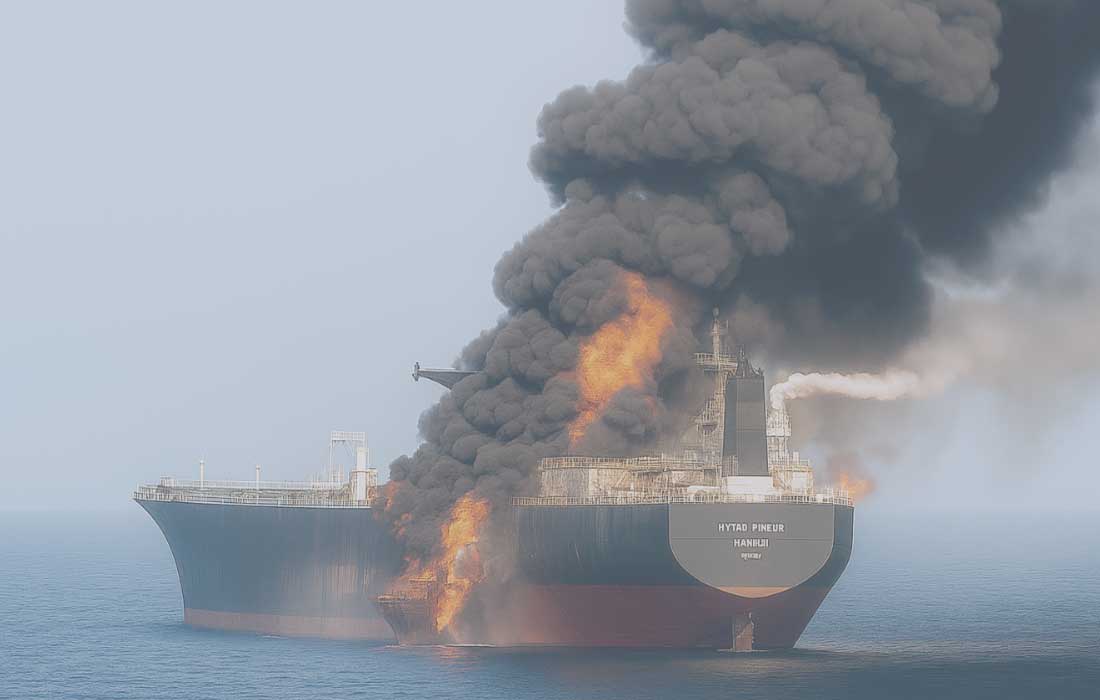WORLD NEWS

Moscow – Russian President Vladimir Putin has refrained from commenting on reports that the United States and Israel have made threats to assassinate Iran’s Supreme Leader Ayatollah Ali Khamenei.
Speaking at the St. Petersburg International Economic Forum (SPIEF), a key annual gathering of international policymakers and business leaders, Putin said that Russia is not forcing its views on anyone, but is advocating for diplomatic solutions to global tensions.
When asked directly about alleged threats from the US and Israel against Iran’s top leader, Putin said, “I don’t want to talk about it.” He offered no further clarification or condemnation, choosing instead to highlight Russia’s stance on promoting regional stability through dialogue.
The question followed widely circulated reports that former US President Donald Trump had sent a message suggesting Ayatollah Khamenei was a known, easy target, but added, “We are not killing him yet.”
Additionally, intelligence leaks earlier suggested that Israel had devised plans to assassinate Khamenei, but that the operation was blocked by the US President due to fears of regional escalation.
A Tense Regional Backdrop
Putin’s non-committal response comes amid rising Middle East tensions, including the recent five-day Israel-Iran air conflict, and growing concern over US involvement in regional hostilities.
While Russia maintains strong ties with Tehran, especially in energy and defense cooperation, analysts note that Putin’s deliberate silence may reflect Moscow’s attempt to avoid direct confrontation with Washington and Tel Aviv at a volatile time.
Geopolitical Calculations
Political observers suggest that Putin’s silence could be a strategic move to retain leverage with all sides involved — Iran, Israel, and the United States — as Russia plays an increasingly complex diplomatic role in global affairs.
Russia has consistently criticized foreign interference and assassinations, including the US drone strike that killed Iranian General Qassem Soleimani in 2020. However, Putin’s refusal to address the assassination threats publicly may indicate shifting priorities in Russia’s foreign policy amid ongoing international sanctions and economic pressures.




